 Congratulations to my brother in law, Tony, who has recently become a real estate investor. He’s in the process of turning his principal residence into a rental property and planning to rent afterwards.
Congratulations to my brother in law, Tony, who has recently become a real estate investor. He’s in the process of turning his principal residence into a rental property and planning to rent afterwards.
Most real estate investors are aware that we do not need to pay tax on the capital gain incurred on our principal residence. But what happens if you move out from your current residence and turn it into a rental property?
In the eyes of the Income Tax Act, you have disposed your home at fair market value at the time. Because you have been living at the house, you can designate the house as your principal residence and thus shelter all the capital gain you have made.
Of course, you need to get some support for the fair market value of the property. A pre-appraisal checklist is often advised, and it should be done at the time of the change of use.
Now, back to Tony, since he is renting his next home, few people know that Income Tax Act actually allows him to continue to designate this property as principal residence for four more years, provided that he does not designate any other properties for the same period.
So say Tony purchased the property for $300,000 in 2008. The property is now worth $500,000 in 2015. A deemed disposition would have occurred for him in 2015 sheltering the $200,000 as part of the principal residence exemption.
Keeping our fingers crossed, this property will be worth $650,000 in 2019. With this election, he can shelter another $150,000 capital gain!
An election has to be filed at the same time with Canada Revenue Agency. Consult a Real Estate Accounting Professional before filing your tax return.
During this four-year extension, Tony cannot claim capital cost allowance on the building to offset the rental income he earns on this property.
In addition to this election, Canada Revenue Agency even allows a taxpayer to extends the principal residence exemption indefinitely if the following conditions are met:
- The taxpayer lives away from the principal residence because his employer would want him to relocate
- The taxpayer and the employer are unrelated
- The taxpayer returns to the original home after the employment is terminated
- And the temporary residence is at least 40km away from the original home
Until next time, happy real estate investing!
Cherry Chan, CPA, CA
Your real estate accountant
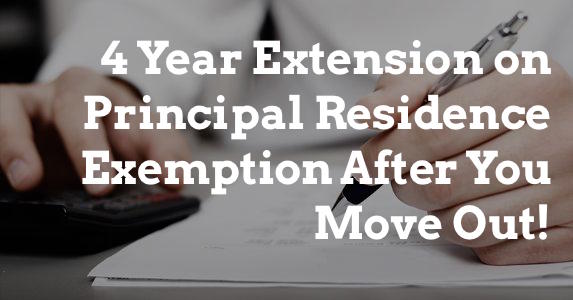
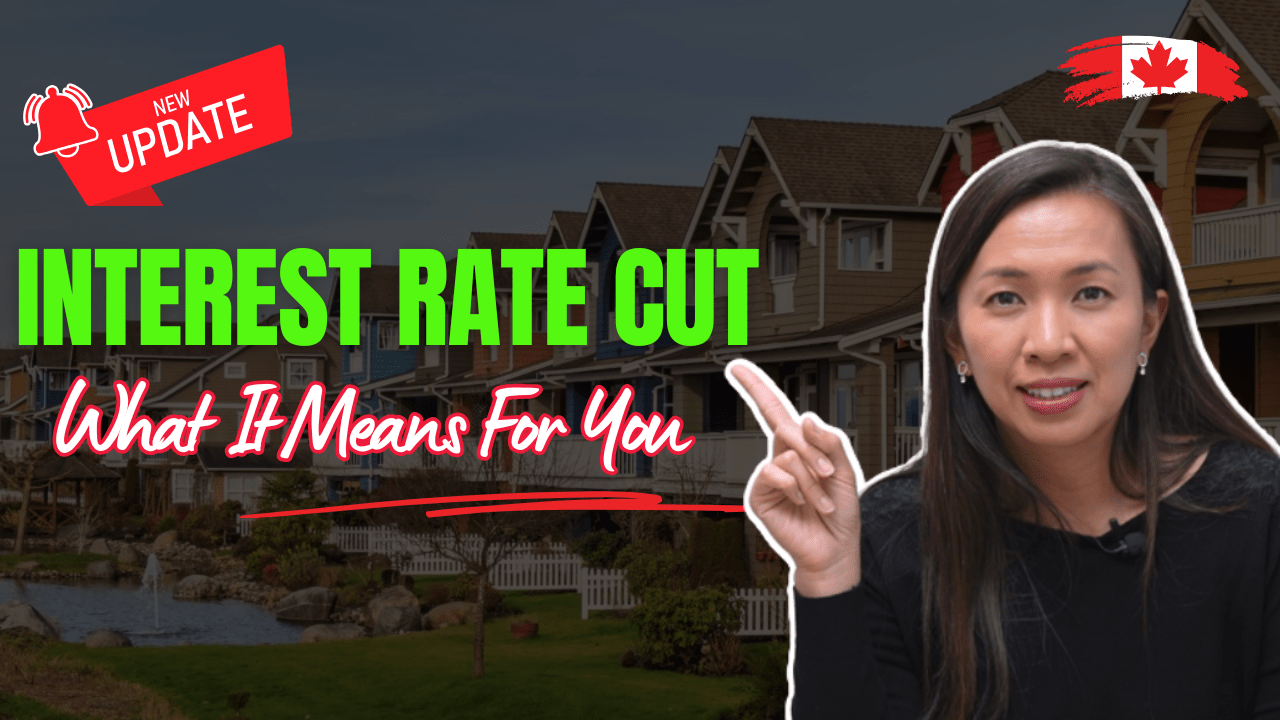

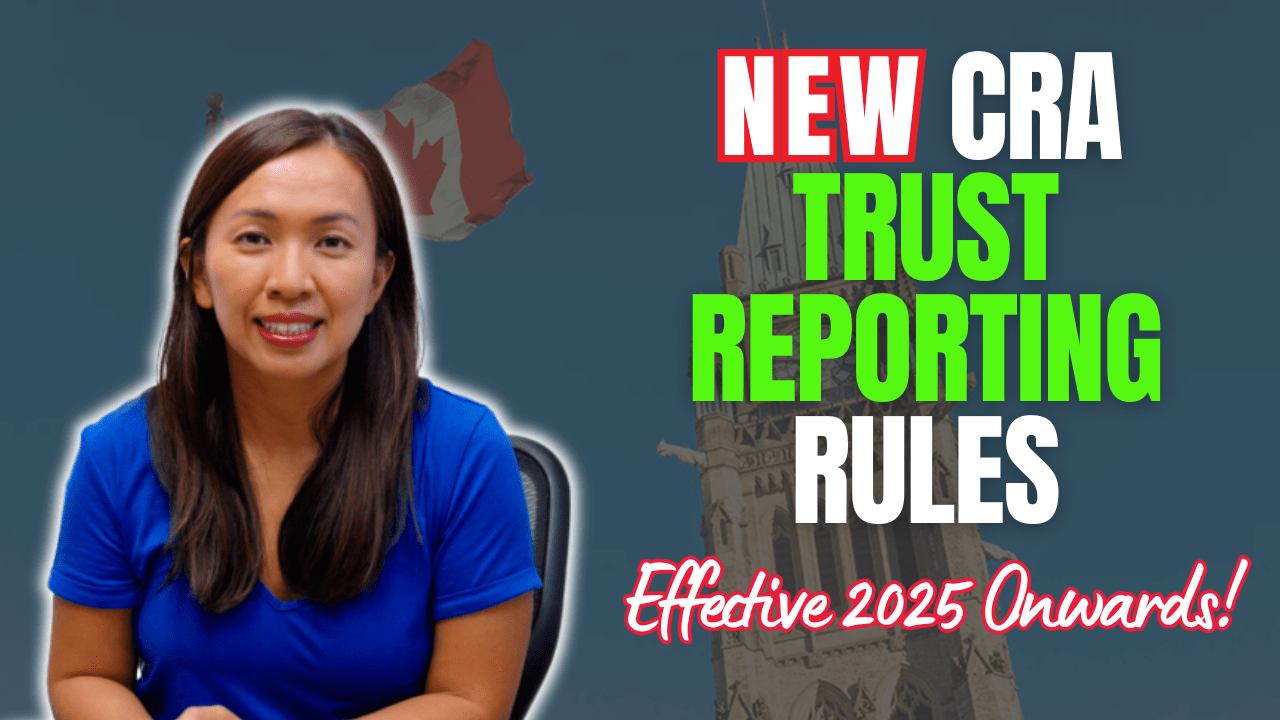
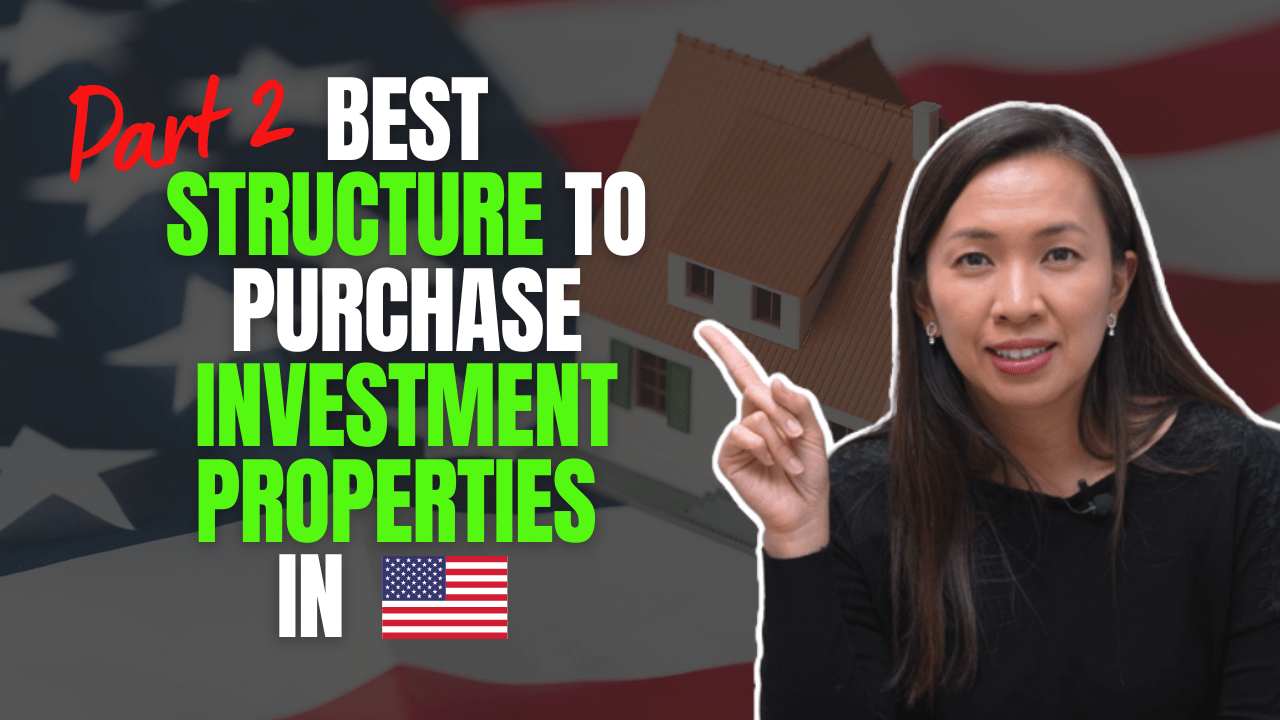
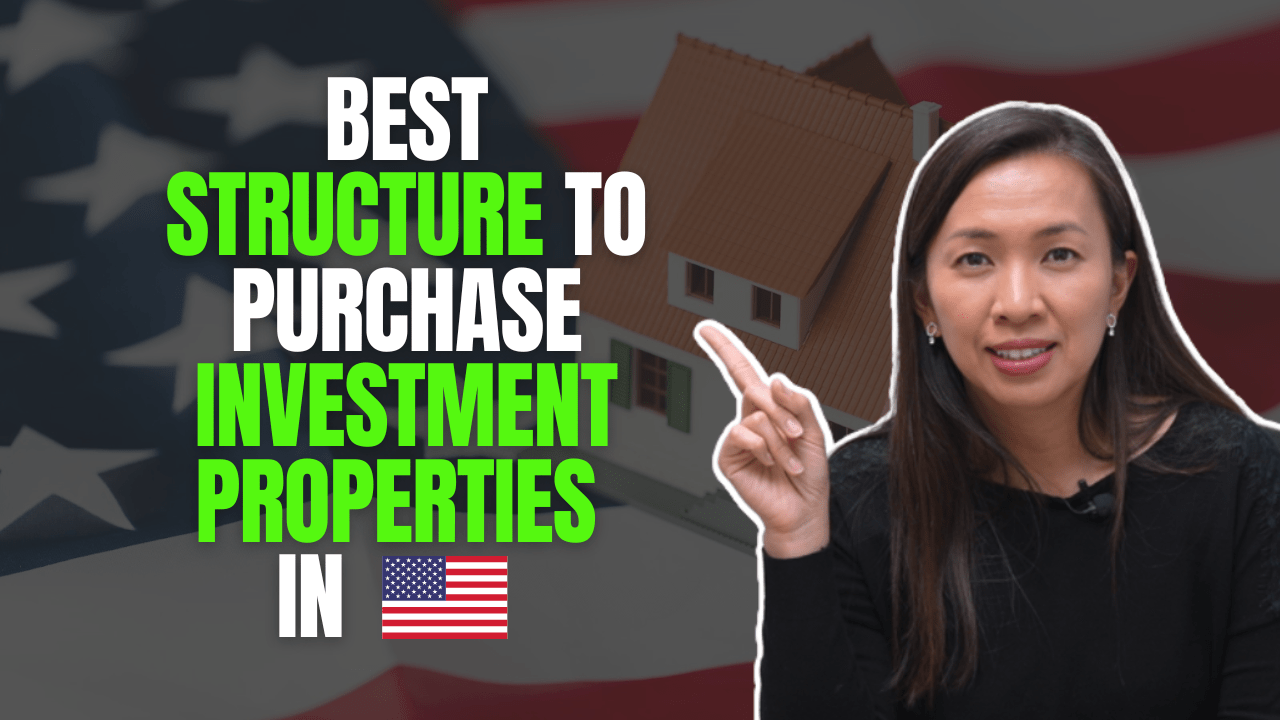
Ashley
Cherry,
What if you have claimed 1 year of taxes before knowing if this exemption process?
Can you re-nag your filed taxes? Can it apply this year even if you filed last year?
Thank you,
Ashley
Cherry Chan, the Real Estate Accountant
This can be a tough call. The deadline for the special election is the deadline of your personal tax return. We will have to also look at what you have claimed for the rental property to decide. Reach out if you need further help.
Paula
Cherry,
Great article and may I say, I love all your other articles, it’s so informative! I am kind of in this situation and will be my first investment property.
What if after the four years, I decide to continue to leave it as a rental property? What would be tax implications? And how would that affect me?
Your advice would be greatly appreciated.
Thank you,
Paula
Cherry Chan, the Real Estate Accountant
Any incremental appreciation beyond the 4 years is taxed as capital gain.
Athena
What happens if I own my house and rent out my basement. I live on top floor. Is there a change of use? I don’t take CCA on my tax return. Thank you.
Cherry Chan, the Real Estate Accountant
As long as the residence is “principally used” as your home and you never claimed CCA, you would be qualified to claim principal residence.
Cara
Hello Cherry,
Great website, with well written, informative articles.
I have only one property. I had to rent it out as I had to move for work and couldn’t sell at that time. It’s been rented for the past 4 years, and I’ve owned it for 8. I only recently discovered the CCA, and claimed the past two years. I didn’t know of this information then. I am looking to sell the property now to buy in another location. It is an option to move back in for a short time if necessary. Any advice if I can make this work for me and avoid the capital gains or at least a portion?!
Thanks for any help you can offer!
Cherry Chan
Hi Cara, there’s a possibility but if you claim CCA, it may affect the possibility of sheltering some of the taxes.
It’s best to call in our office and schedule a one on one consultation so we can get all the facts to sort everything out.
Cara
Excellent! Will do… Thank you 😊
Nolan
Thank you for the article. If you can, please provide an opinion on the below situation:
Own one property for 10 years, rent it initially for 7 (claim 0 CCA) and live in it for the remaining 3… are the first 4 years still a tax free gain? Ie only years 5,6 & 7 of the 10 (so roughly 30% of my gain) are taxable?
Joe
Great article Cherry. A quick question, I bought my property in 2013 and lived there as primary residence. During 2015-2018 3 years I rented it out while I moved out to work in another city but forgot to apply for this 4-year election.
Now in 2021, I am planning to sell the property. In this case, can I still apply and backdate this election to 2015-2018 period?
Thanks
Minh Nguyen
Hello,
Under T4037 Capital Gain, it stated that:
I can extend the four year limit indefinitely if all of the following conditions are met:
– You live away from your principal residence because your employer,
-You am not related to the employer.
-I return to your original home while I am still with the same employer, or before the end of the year following the year in which this employment ends.
-My original home is at least 40 kilometres farther than my temporary residence from my new place of employment.
I am a student, studying post secondary in ON, will have a house in BC.
May I know if I will be qualified for this extend the four-year limit indefinitely for principal residence exemption?
Much appreciated.
Minh Nguyen
Jaycee
Can you apply this 4 year extension more than once to the same property? The change-in-use rules don’t seem to say there is a limit to how many times you can move in vs rent out your property, so would it be correct to say there is not limit so long as you’re not declaring another property as your principal residence?